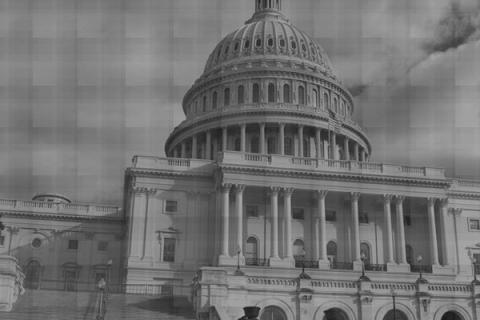
Senator Robert Portman (R-Ohio) has introduced the Independent Agency Regulatory Analysis Act (IARAA) of 2012. Bill S.3468 creates an avenue whereby independent regulatory agencies like the SEC or FTC could affect legislation in favor of reducing the ‘economic burden’ of new and existing financial regulations. Susan Collins (R-Maine) and Mark Walker (D-Virginia) are both cosponsors.
The most contentious measure of the bill offers the President an avenue to unilaterally require an independent review of any new financial regulatory legislation via executive order. It says independent agencies would be required to conduct a cost-benefit analysis of new and existing rules. If the analysis determines a regulation to have an economic burden of $100 million or more, the President can require an independent agency to determine the most cost-effective approach. In the bill, an ‘economic burden’ refers to:
“Any rule that the [Administrator of the Office of Information and Regulatory Affairs] determines is likely to adversely affect in a material way the economy, a sector of the economy, productivity, competition, jobs, the environment, public health or safety, or State, local, or tribal governments or communities; or create a serious inconsistency or otherwise interfere with an action taken or planned by another agency.”
Section 3, paragraph 13 of the IARAA allows such agencies license to modify, streamline, or repeal any regulatory program provided it is replaced by one that is, “more effective or less burdensome in achieving the regulatory objectives.” This aspect could present severe problems for the implementation of certain Dodd-Frank provisions, which has many progressive groups worried. The broad language of the bill suggests that any rule that adversely affects almost any part of the U.S. economy could be repealed or amended.
Demos, a liberal think tank, penned an opinion of the bill remarking, “This proposal would … delay the enforcement of rules under the Dodd-Frank Act half a year or more.” Americans for Financial Reform had similar concerns. They say the bill, “would add an unnecessary, costly, and time-consuming additional layer of requirements to the process of completing oversight rules for our largest banks.”
Sen. Portman contends that his legislation, “[S]ets up an innovative approach to hold agencies accountable, by means of transparency and public scrutiny.” Portman maintains that there is widespread support for this approach. He cites the President’s jobs council as supportive of the cost-benefit analysis measures. “Congress should require [Independent Regulatory Commissions] to conduct cost‐benefit analysis for economically significant regulations… A requirement that IRCs must conduct regulatory impact analyses . . . would prompt IRCs to perform better analyses and to issue better and smarter regulations” (Page 45).
The PJC is a coalition of CEOs and business leaders headed by Jeffrey R. Immelt (CEO of GE) and Kenneth I. Chenault (CEO of American Express). These proponents argue that by requiring the same cost-benefit analysis that applies to other agencies, smarter regulations will lead to more job creation and stronger economic growth.
The bill specifically reaffirms the president’s discretionary ability to redirect the legislative process through a requirement for cost-benefit analysis on new financial regulations. Furthermore, the broad and loosely defined connotation of what constitutes an ‘economic burden’ and how it’s calculated leaves ample room to stall or roll back existing and future regulations.
The vagueness of the IARAA economic burden stipulations leaves room for broad interpretation, which might be susceptible to industry manipulation. Whether the bill is intentionally vague in an effort not to over-encumber an already heavily regulated industry, or more conspiratorial is up for debate. In any regard, it remains noteworthy that all three sponsors of the bill are heavily funded by the finance, insurance, and real estate industries.
